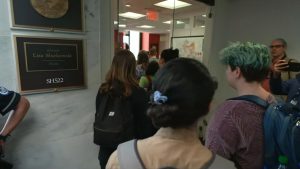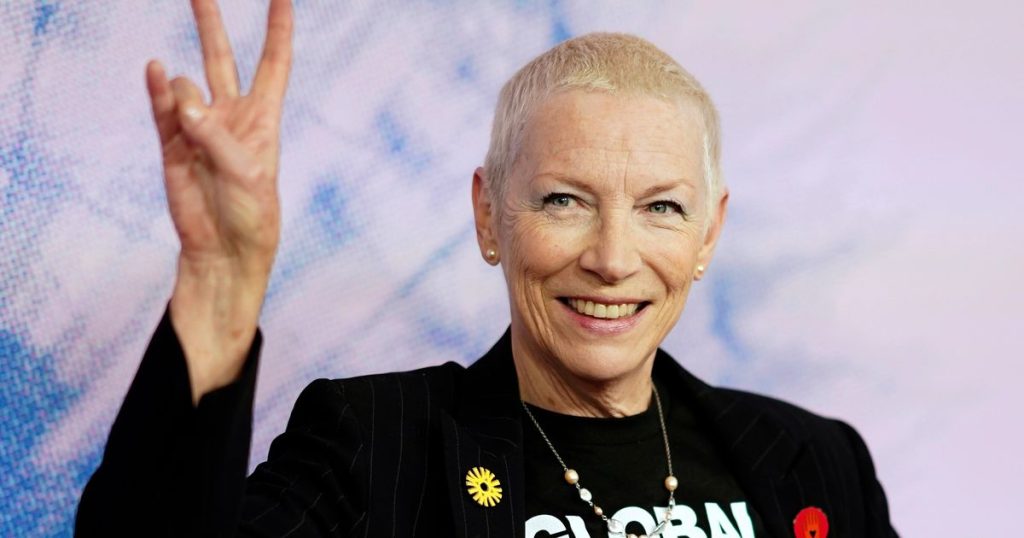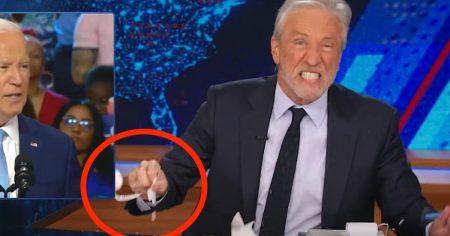A Powerful Musical Protest: Artists Unite Against AI Copyright Changes
Introduction: The Sound of Silence Speaks Volumes
In an unprecedented move, over 1,000 musicians, including legends like Kate Bush, Annie Lennox, Cat Stevens, Damon Albarn, Elton John, and Paul McCartney, have come together to create a unique album titled "Is This What We Want?". This extraordinary project is not just a musical collaboration but a bold protest against proposed changes to artificial intelligence laws in the UK. The album, released on Tuesday, features a haunting blend of empty studios and silent performance spaces, symbolizing the potential death of creativity if the government’s plan goes ahead. The 12 tracks spell out a clear message: "The British government must not legalize music theft to benefit AI companies." Proceeds from the album will be donated to the charity Help Musicians, supporting those impacted by the industry’s challenges.
The Protest: Why Artists Are Speaking Out
At the heart of the protest is a proposal by the UK government to allow tech firms to use copyrighted material for training AI models, with creators required to explicitly opt out if they don’t want their work used. Critics argue that this would undermine artists’ control over their work and threaten the UK’s thriving creative industries. Composer and AI developer Ed Newton-Rex, who organized the album, calls the proposal "disastrous for musicians" and "totally unnecessary." He believes the UK can lead in AI innovation without sacrificing its world-class creative sector. The album serves as a powerful statement, using silence to highlight what could be lost if the government’s plan is implemented.
The Government’s Vision: Balancing Creativity and Innovation
The UK’s Labour Party government aims to make the country a global leader in artificial intelligence. In December, it launched a consultation to explore how copyright laws can "enable creators and right holders to exercise control over, and seek remuneration for, the use of their works for AI training," while also ensuring AI developers have access to high-quality creative content. The consultation closed on Tuesday, with publishers, artists’ organizations, and media companies, including The Associated Press, uniting as the Creative Rights in AI Coalition to oppose any weakening of copyright protections.
The Creative Industry’s Response: Unity in the Face of Change
The backlash against the government’s proposal has been swift and widespread. Several UK newspapers ran front-page wraparounds on Tuesday, urging the government to protect the creative industries. The message was clear: "Let’s protect the creative industries — it’s only fair." Artists and organizations fear thatallowing AI companies to use copyrighted material without explicit consent will erode creativity and fairness. The Creative Rights in AI Coalition argues that strong copyright protections are essential to ensure that creators are fairly compensated and retain control over their work.
A Silent Album with a Loud Message
The album "Is This What We Want?" is a creative and poignant protest. By featuring recordings of empty studios and performance spaces, the artists aim to illustrate the potential consequences of the government’s plan. The silence speaks volumes, representing the loss of livelihoods, creativity, and cultural heritage if the proposal becomes law. The album’s title and track listings are a direct call to action, urging the government to reconsider its approach. Newton-Rex emphasizes that the proposal would hand over musicians’ life work to AI companies for free, allowing these companies to exploit creative works and outcompete their creators.
Conclusion: The Future of Creativity and AI
The debate over AI and copyright laws is far from over. While the UK government seeks to position itself as a leader in AI, artists and creators are determined to protect their rights and ensure fairness in the digital age. The album "Is This What We Want?" is a testament to the power of unity and creativity in the face of change. As the consultation period closes, the government must now weigh the concerns of the creative industries against the potential benefits of advancing AI technology. The outcome could shape the future of art, music, and creativity in the UK and beyond.















